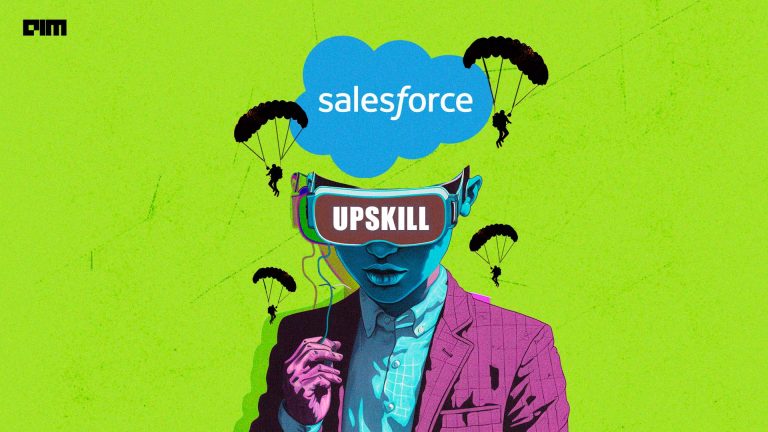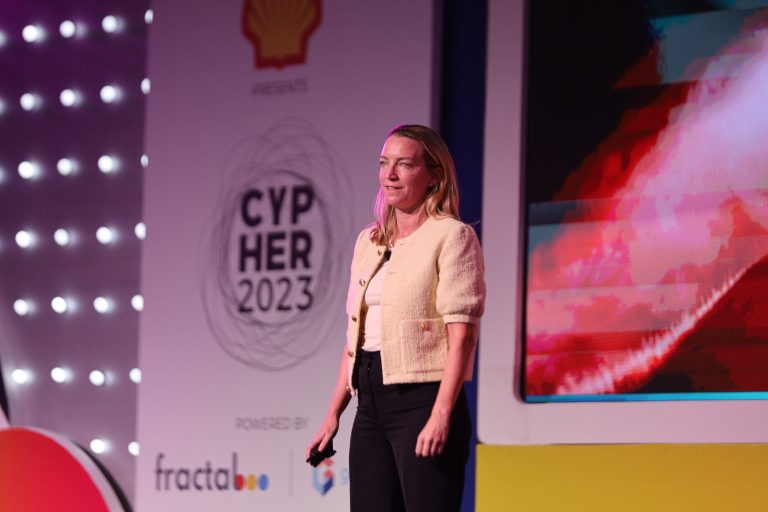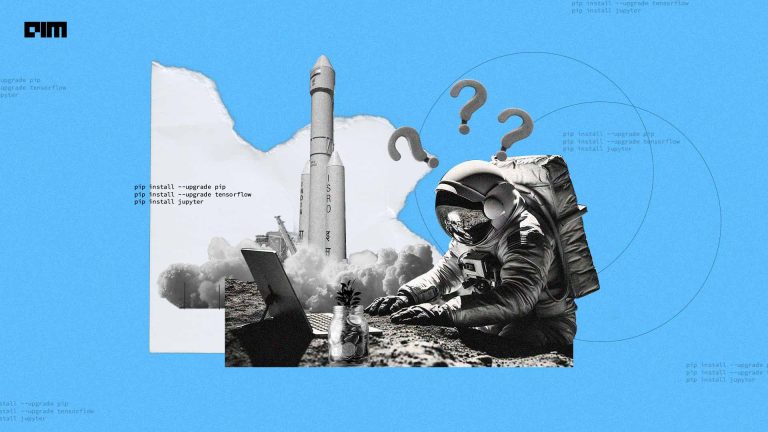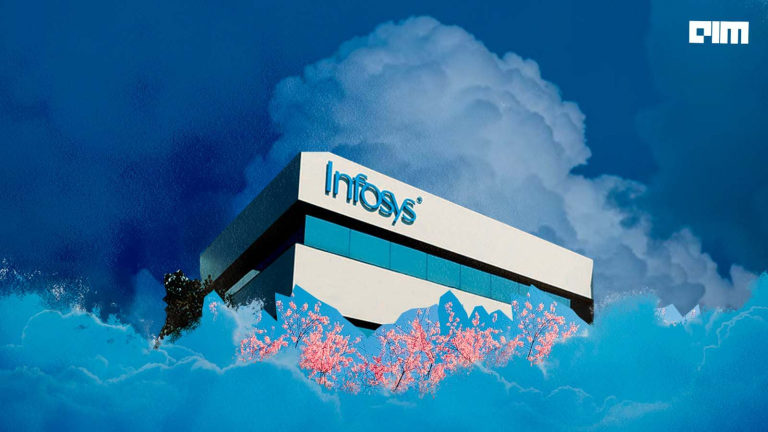|
Listen to this story
|
The best way to learn data science is to do data science – Chanin Nantasenamat.
Data is considered one of the most valuable resources in the modern world, with businesses across multiple sectors utilizing data science to inform decisions, streamline processes, and gain a competitive edge. However, due to its technical and complicated nature, not everyone has a foundation in data science. This can create challenges when working with a data science team that includes personnel without data science experience. In this article, we will provide advice for working on projects with a data science team for individuals without a data science background.
Data science blends techniques and concepts from various academic fields, including arithmetic and statistics, computer science and information technology, and domains and business knowledge. In project work, collaboration between those with backgrounds in data science and those without can be challenging but rewarding. As these two groups have disparate histories and worldviews, miscommunications and confrontations may arise. However, they can produce greater results and more complete solutions if they work well together.
The first step to successful collaboration is having a clear understanding of each other’s roles and responsibilities within the project. While the data science person brings technical skills, such as statistical analysis and machine learning, the non-data science person is often the subject matter expert with knowledge of the business requirements and goals. By admitting these disparities, both sides can respect each other’s contributions and recognize their value to the project.
Effective communication is essential for a successful partnership. The data scientist should communicate technical procedures and conclusions in a clear and concise manner. In contrast, the non-data science person should communicate business requirements and limitations. Both sides can collaborate successfully by developing a clear understanding of the project objectives and the data science methodologies.
Setting expectations and establishing the project’s scope from the beginning is equally critical. The non-data scientist should specify what they expect from the data scientist, including the results they intend to achieve and the project’s schedule. In return, they should describe their areas of strength and the achievable goals that fall within the project’s parameters.
It is crucial to keep the lines of communication open and transparent throughout the process. Regular meetings and status reports should be organized to keep everyone informed of the project’s progress and to identify any potential issues. These updates will help the team stay on track and modify the project plan if necessary.
Finally, celebrating successes can help both groups develop a positive working relationship. Recognizing each other’s contributions and achievements strengthens the value of collaboration and motivates people to work together on future initiatives.
In conclusion, effective collaboration requires open communication, mutual understanding of roles and responsibilities, clear expectations, and regular updates. Collaboration between individuals with and without a background in data science enables both sides to develop more complete solutions and produce better results.
This article is written by a member of the AIM Leaders Council. AIM Leaders Council is an invitation-only forum of senior executives in the Data Science and Analytics industry. To check if you are eligible for a membership, please fill out the form here.



















































































